Home>Interior Design>5 Feng Shui Bedroom Mistakes And The Ways To Swerve Them
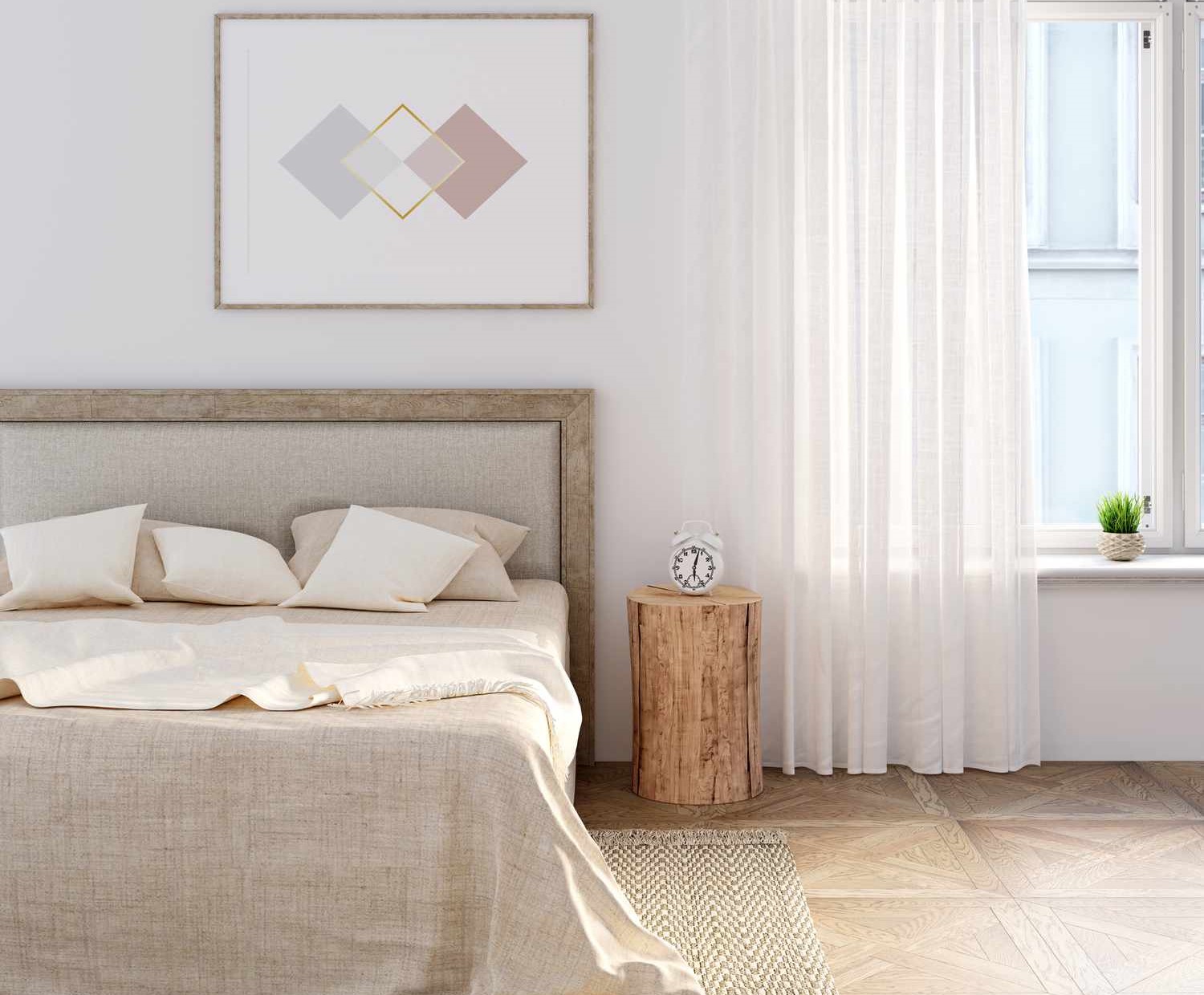

Interior Design
5 Feng Shui Bedroom Mistakes And The Ways To Swerve Them
Modified: February 26, 2024
Avoid these common feng shui bedroom mistakes and learn how to swerve them with the help of expert interior design tips. Enhance the energy flow and create a harmonious space in your bedroom.
(Many of the links in this article redirect to a specific reviewed product. Your purchase of these products through affiliate links helps to generate commission for Storables.com, at no extra cost. Learn more)
Introduction
Welcome to the fascinating world of interior design and the art of Feng Shui. Your bedroom is not just a place where you sleep; it’s a sanctuary where you restore your energy and find peace and serenity. That’s why it’s crucial to ensure that your bedroom is harmoniously designed according to the principles of Feng Shui.
Feng Shui, an ancient Chinese practice, emphasizes the balance and flow of energy, known as Qi, in our living spaces. When applied to the bedroom, Feng Shui can promote restful sleep, enhance intimacy, and create a soothing atmosphere conducive to relaxation and healing.
However, even with the best intentions, it’s easy to make common mistakes when setting up your bedroom’s Feng Shui. In this article, we will explore five of these mistakes and provide you with practical solutions to avoid them. So let’s dive in and learn how to swerve these Feng Shui bedroom blunders!
Key Takeaways:
- Transform your bedroom into a harmonious sanctuary by avoiding common Feng Shui mistakes like wrong bed placement, clutter, disruptive electronics, and inadequate lighting. Embrace the art of energy flow for restful sleep and tranquility.
- Integrate Feng Shui principles into your bedroom design to create a serene and balanced space. From mindful bed placement to decluttering and minimizing disruptive electronics, nurture a tranquil environment for rejuvenation and restoration.
Mistake 1: Wrong Bed Placement
One of the most common mistakes in bedroom design is placing the bed in the wrong location. The bed is the focal point of the room and its placement plays a significant role in creating a harmonious and balanced space.
One common mistake is placing the bed directly in line with the door. This arrangement is called the “coffin position” in Feng Shui, as it resembles a casket being carried out of a room. This positioning can create a sense of unease and restlessness, affecting the quality of your sleep. Instead, position your bed diagonally across from the door or place it on a different wall.
Another mistake is placing the bed under a window. In Feng Shui, the window represents the energy of Qi coming into the room, and placing the bed directly under it can disrupt the flow of positive energy while exposing you to drafts and outside noise. If possible, move your bed away from the window and use curtains or blinds to create a sense of security and privacy.
Lastly, avoid placing your bed against a shared wall with the bathroom or the kitchen. These areas are prone to moisture, odors, and noise, which can negatively impact your sleep and overall well-being. If your bed must be against this type of wall, ensure proper insulation and use décor elements, such as a tall headboard or a room divider, to create a visual and energetic separation.
To rectify these bed placement mistakes, consider rearranging your furniture to create a more balanced and relaxing bedroom environment. Experiment with different layouts and find a position that allows you to see the door while providing a sense of comfort and security. Remember, the bed should be the focal point of the room, positioned for optimal relaxation and positive energy flow.
Mistake 2: Cluttered and Untidy Space
A cluttered and untidy bedroom can disrupt the flow of energy and create a sense of chaos and stress. In Feng Shui, cleanliness and organization are crucial for maintaining a harmonious and peaceful space.
One common mistake is allowing clutter to accumulate under the bed. This can block the energy flow and result in restless sleep. Make it a habit to regularly clean and declutter this area, keeping it free from unnecessary items and dust. Utilize storage solutions like under-bed storage boxes or invest in a bed with built-in storage compartments.
Another mistake is having excessive furniture or accessories in the bedroom. While it’s important to have essential pieces like a bed, a nightstand, and a dresser, excess furniture can create a cramped and chaotic atmosphere. Keep only what you truly need and donate or sell any unused items. This will help create a spacious and calming environment.
Furthermore, disorganized closets and drawers can contribute to a cluttered energy in the bedroom. Take the time to declutter and organize your belongings, and make it a habit to maintain order. Use storage containers, dividers, and labels to keep everything tidy and easily accessible, promoting a sense of harmony and relaxation.
In addition to physical clutter, digital clutter can also impact your sleep environment. Keep electronic devices, such as smartphones and tablets, out of the bedroom or at least away from the bed. The electromagnetic fields emitted by these devices can interfere with your sleep and disrupt the energy in the room.
By addressing the issue of clutter and tidying up your bedroom, you will create a serene and tranquil space that promotes restful sleep and a clear mind. Embrace the art of minimalism and let go of unnecessary belongings, ensuring that every item in your bedroom has a purpose and brings you joy.
Mistake 3: Mirrors Facing the Bed
Mirrors are powerful tools in Feng Shui as they reflect and amplify energy in a space. However, when it comes to bedroom design, it’s essential to be mindful of the placement of mirrors, especially when they face the bed.
One common mistake is hanging a mirror directly across from the bed. This positioning can create a sense of restlessness and unease, as the mirror reflects the energy and movement in the room. It can also disturb your sleep by reflecting your image or creating a feeling of being watched while you rest.
If you have a mirror facing the bed, consider repositioning it or covering it during bedtime. Alternatively, you can place the mirror in a location where it does not directly reflect the bed, such as on a sidewall or closet door.
Another mistake is having a mirror that is too large or too many mirrors in the bedroom. Overwhelming the space with mirrors can lead to excessive energy and an overactive mind, making it difficult to relax and unwind. Use mirrors strategically to create a sense of balance and harmony rather than overwhelming the space with reflection.
Furthermore, it’s important to keep mirrors clean and dust-free. A dirty or cloudy mirror can reflect negative energy and affect the overall energy flow in the room. Regularly clean your mirrors with a natural cleaning solution to maintain their clarity and vibrancy.
By being mindful of the placement, size, and cleanliness of mirrors in your bedroom, you can create a calming and balanced environment that promotes restful sleep and positive energy.
Avoid placing your bed directly under a window, as it can disrupt the flow of energy in the room. Instead, position the bed against a solid wall for stability and support.
Mistake 4: Inadequate Lighting
The lighting in your bedroom plays a significant role in creating a warm and inviting atmosphere. Adequate lighting is essential for enhancing the energy flow and promoting a sense of harmony in the space. Unfortunately, many people make the mistake of having inadequate lighting in their bedrooms.
One common mistake is relying solely on overhead lighting. While overhead lighting is necessary for general illumination, it can be harsh and impersonal. To create a more soothing environment, incorporate soft and ambient lighting options such as bedside table lamps, wall sconces, or floor lamps. These types of lighting provide a warm glow and can be adjusted to suit your desired level of brightness.
Another mistake is neglecting natural light. Natural light has a revitalizing effect and is beneficial for both your physical and mental well-being. Ensure that your bedroom windows are not obstructed by heavy curtains or furniture. Allow natural light to flow into the room during the day, and in the evening, use light-blocking curtains or blinds to create a dark and restful sleeping environment.
Furthermore, avoid placing bright or harsh lighting fixtures directly above or behind the headboard. This positioning can create a glare that can strain your eyes and disturb your sleep. Instead, position lighting at eye level or lower, and consider using adjustable fixtures to customize the lighting according to your needs.
Lastly, consider the color temperature of your light bulbs. Warm, soft white bulbs are more conducive to relaxation and sleep, while cool white bulbs can create a more energizing and stimulating atmosphere. Choose bulbs that align with the mood you want to create in your bedroom.
By addressing the issue of inadequate lighting in your bedroom, you can create a warm and inviting space that promotes relaxation, balance, and overall well-being.
Mistake 5: Disruptive Electronics
In today’s digital age, electronic devices have become an integral part of our lives. However, having excessive electronics in the bedroom can disrupt the energy flow and negatively impact your sleep quality. It’s important to be mindful of the presence of electronics and how they can affect the Feng Shui of your bedroom.
One common mistake is having a TV in the bedroom. While it may be tempting to have a television for entertainment or relaxation purposes, having a TV in the bedroom can create a distraction and disrupt your sleep routine. The bright lights and stimulating content can interfere with your ability to unwind and fall asleep peacefully. Consider moving the TV to another room or completely removing it from your bedroom.
In addition to TVs, the presence of other electronic devices such as smartphones, tablets, and laptops can also disrupt your sleep. The blue light emitted by these devices can interfere with the production of melatonin, a hormone that regulates sleep. It’s best to keep these devices out of the bedroom or at least away from the bed. Create a designated charging station in another area of your home to encourage healthy sleep habits.
Furthermore, electronic devices plugged in near your bed can emit electromagnetic fields (EMFs) that can disturb your sleep patterns and affect your overall well-being. If possible, move charging stations and electronics away from the immediate vicinity of your bed. Consider using a battery-powered alarm clock instead of relying on your smartphone for timekeeping.
Another disruptive electronic device in the bedroom is an alarm clock with a bright and glowing display. While an alarm clock is essential for waking up on time, opt for a model with a dimmable or adjustable display. This will prevent the bright lights from interfering with your sleep and create a more soothing environment.
By minimizing the presence of disruptive electronics in your bedroom, you can create a tranquil and restful space that promotes healthy sleep habits and positive energy flow. Create a technology-free zone in your bedroom and reserve it for relaxation, rejuvenation, and rest.
Conclusion
Designing a bedroom that incorporates the principles of Feng Shui can have a remarkable impact on your overall well-being and quality of sleep. By avoiding common mistakes in bedroom design, you can create a harmonious and peaceful space that nurtures your body, mind, and spirit.
From wrong bed placement to cluttered spaces, mirrors facing the bed, inadequate lighting, and disruptive electronics, each mistake can disrupt the flow of energy and disturb your sleep. However, by following the solutions provided for each mistake, you can transform your bedroom into a sanctuary of tranquility and relaxation.
Consider the placement of your bed, ensuring it is positioned in a way that promotes a sense of comfort and security. Aim for a clutter-free and organized space that allows energy to flow freely and creates a calming atmosphere. Be mindful of the placement and size of mirrors, using them strategically to enhance positive energy without overwhelming the room. Ensure adequate lighting options that create a warm and inviting ambiance while avoiding harsh glare. Lastly, minimize the presence of disruptive electronics that can interfere with your sleep and overall well-being.
By integrating these Feng Shui principles into your bedroom design, you can create a space that supports restful sleep, fosters relaxation, and harmonizes the energy within. Remember, your bedroom is not just a place for sleep, but a sanctuary for rejuvenation and restoration.
Take the time to assess your bedroom and make the necessary adjustments to swerve these common Feng Shui mistakes. Embrace the power of design and energy flow to create a bedroom that is both aesthetically pleasing and spiritually nurturing. The result will be a space that fosters serenity, balance, and harmony for a truly restful and revitalizing experience.
Frequently Asked Questions about 5 Feng Shui Bedroom Mistakes And The Ways To Swerve Them
Was this page helpful?
At Storables.com, we guarantee accurate and reliable information. Our content, validated by Expert Board Contributors, is crafted following stringent Editorial Policies. We're committed to providing you with well-researched, expert-backed insights for all your informational needs.
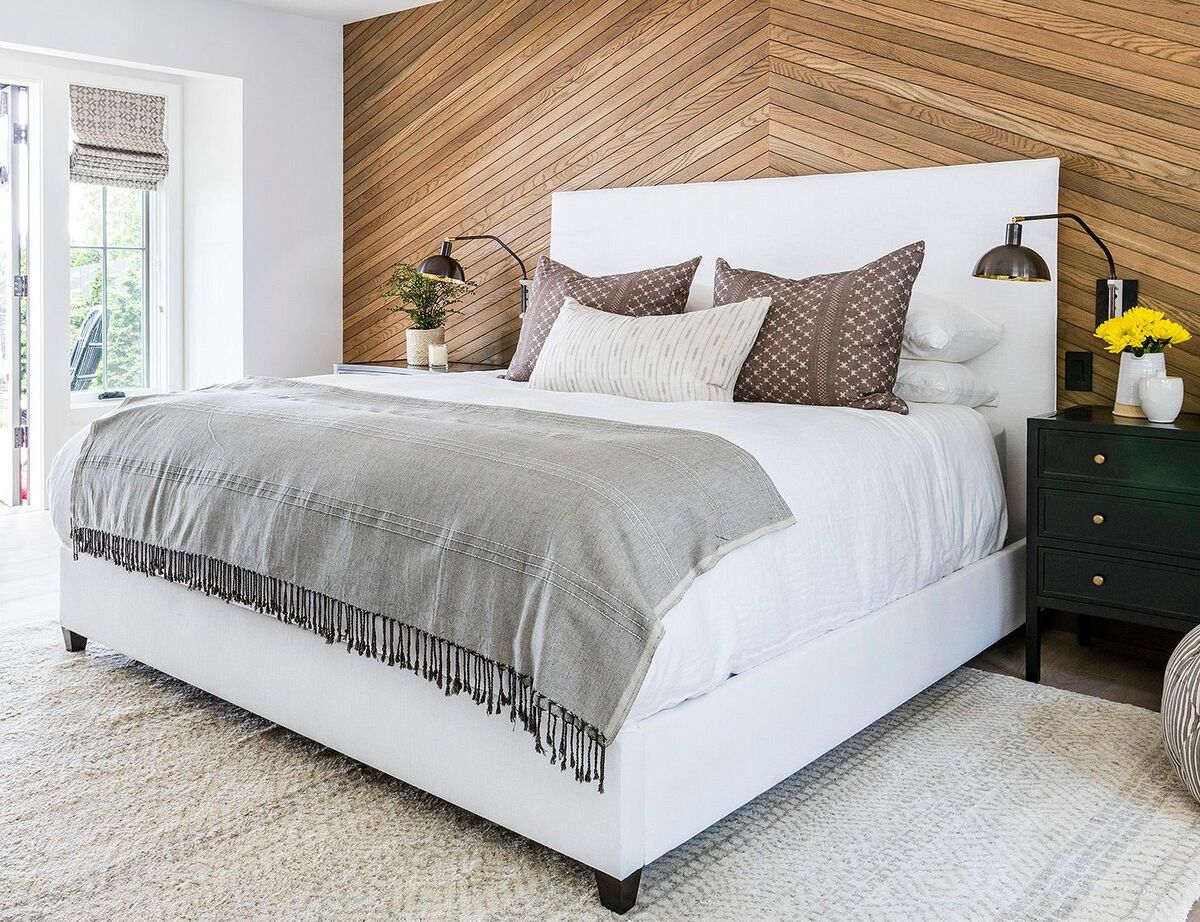
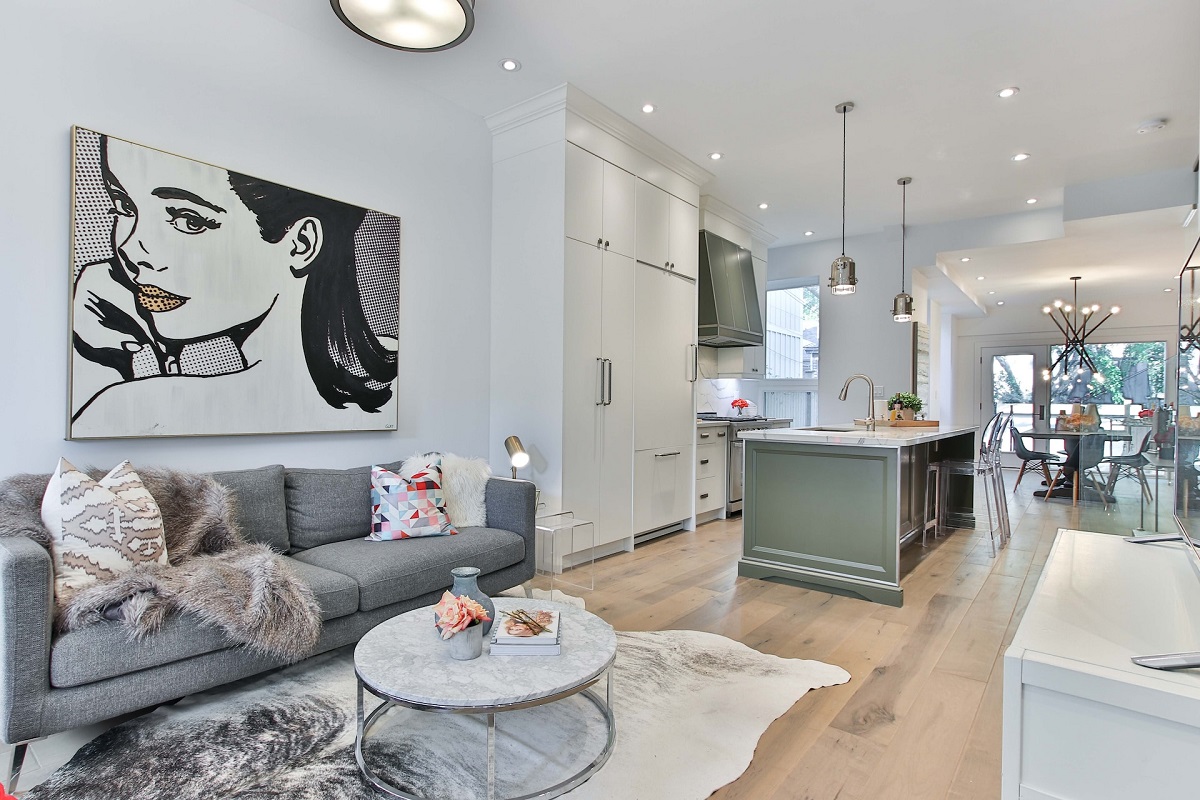
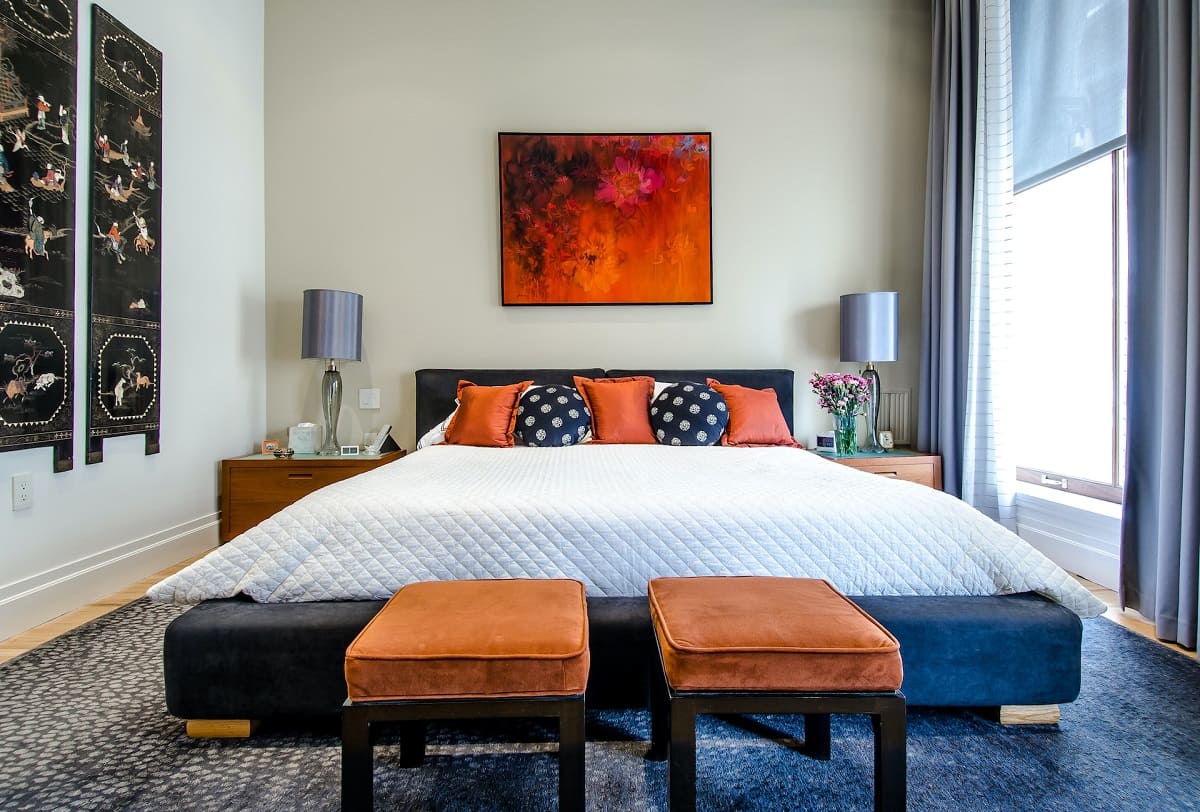
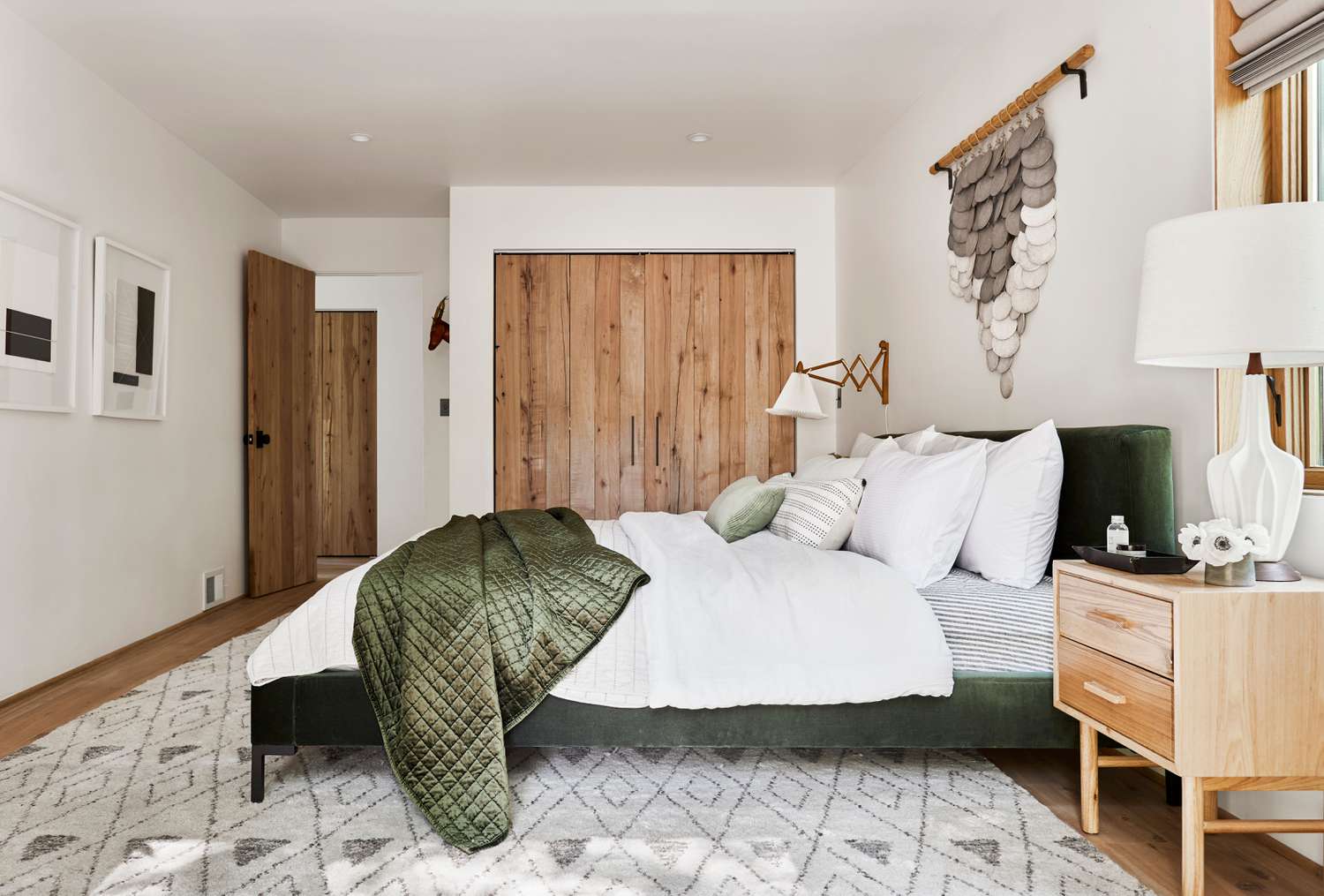

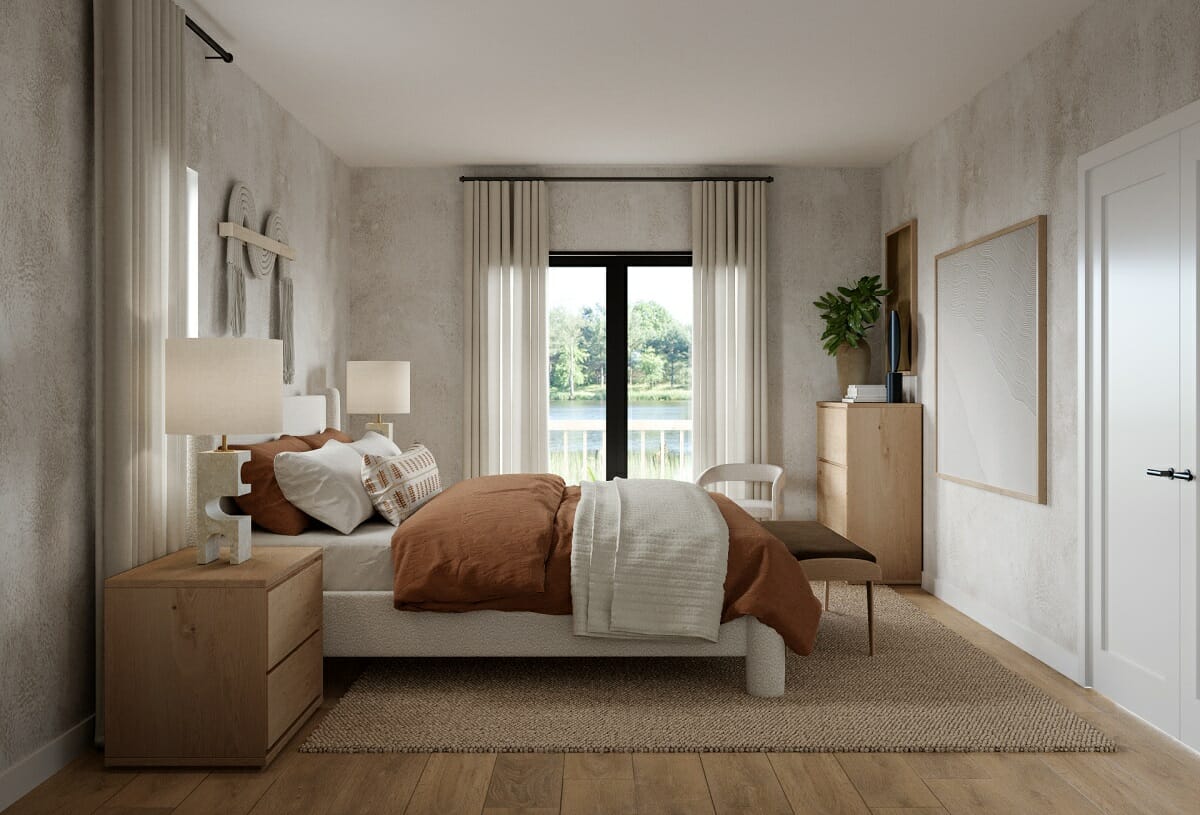
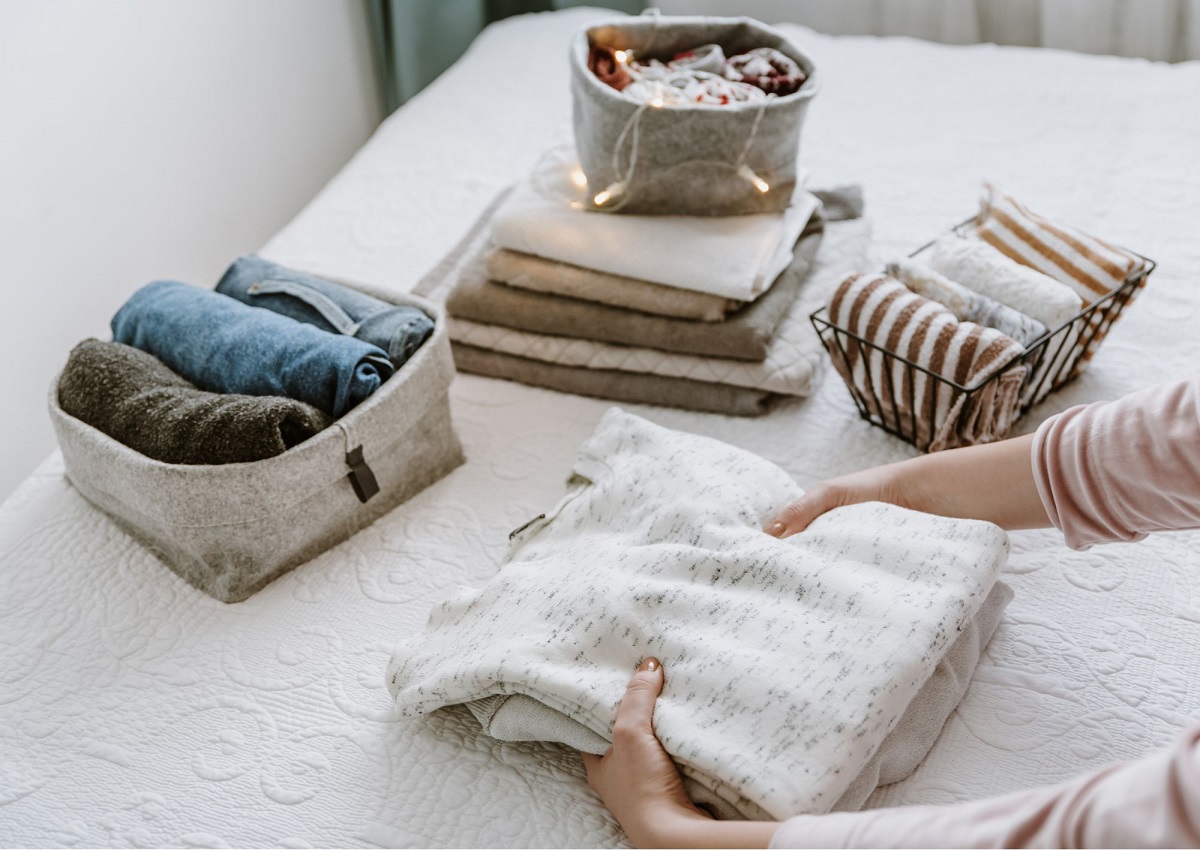


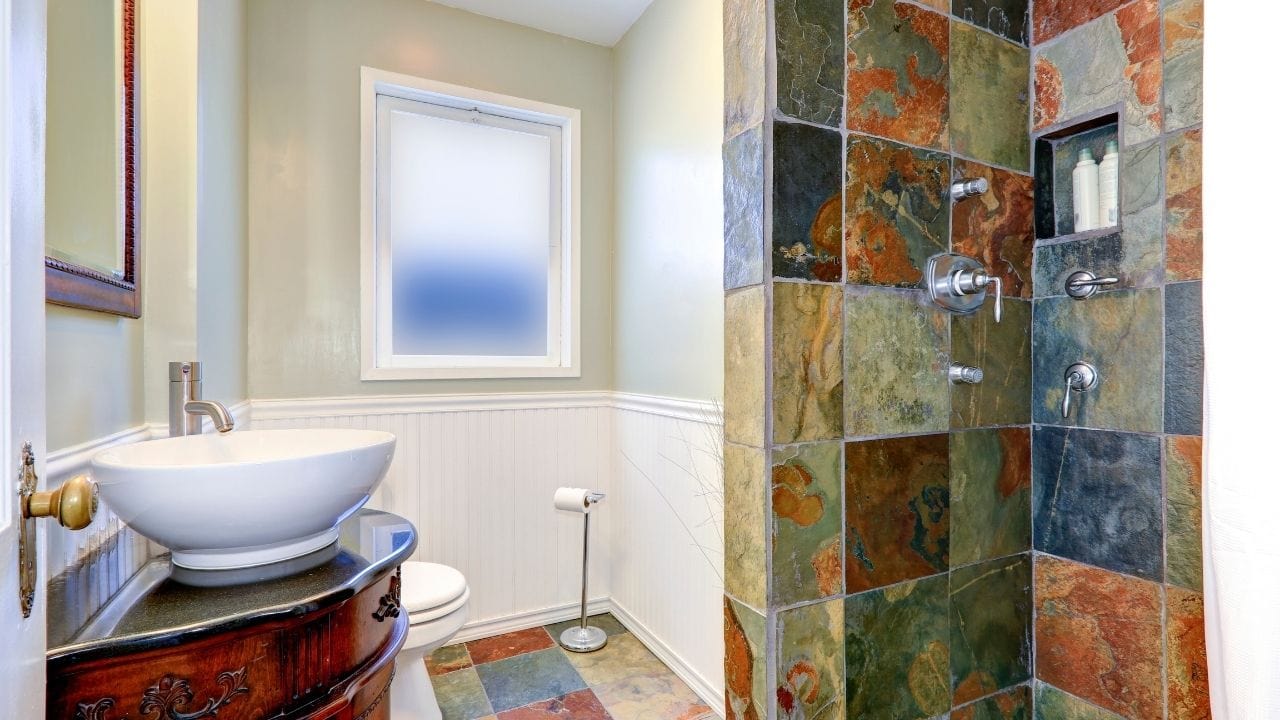
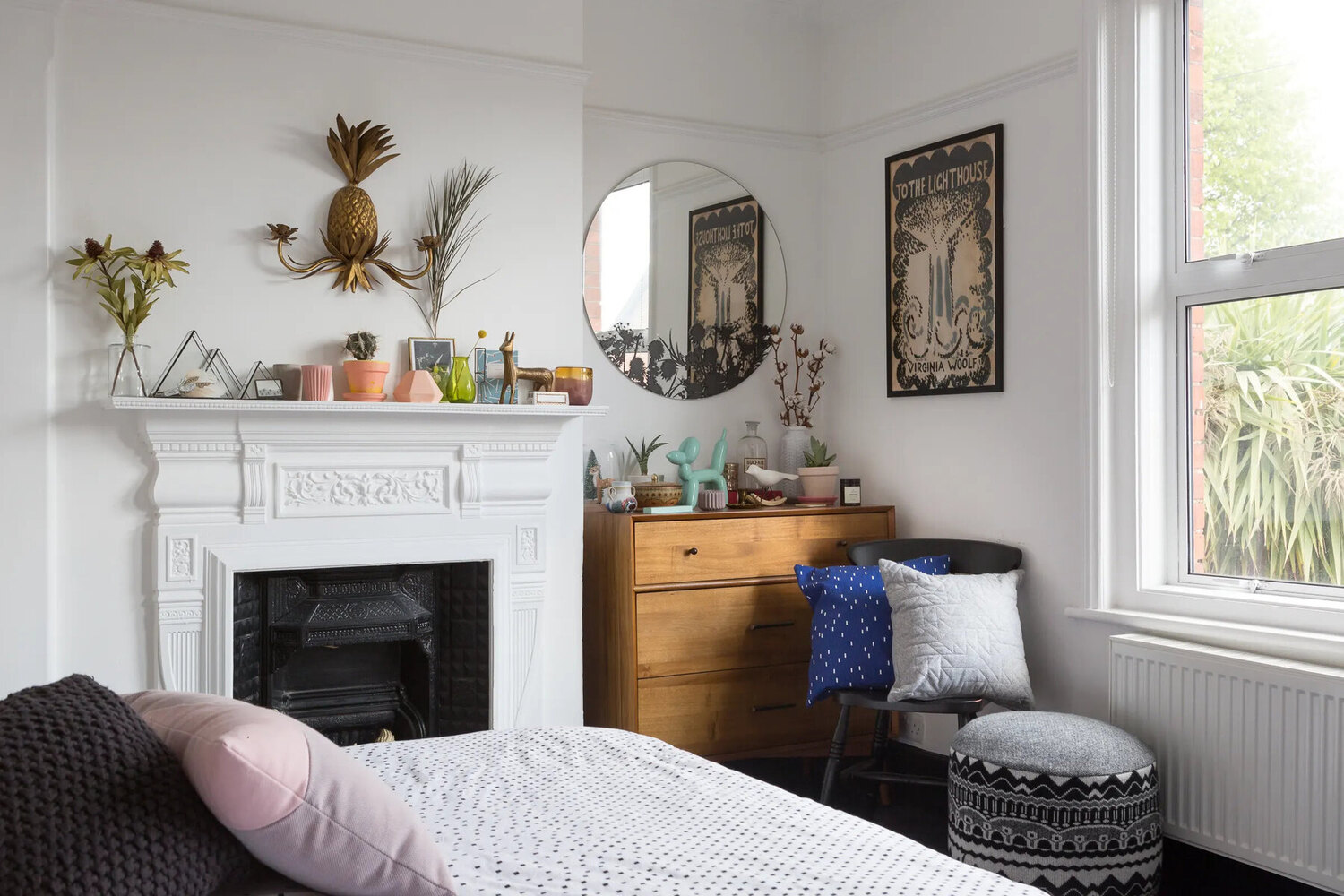
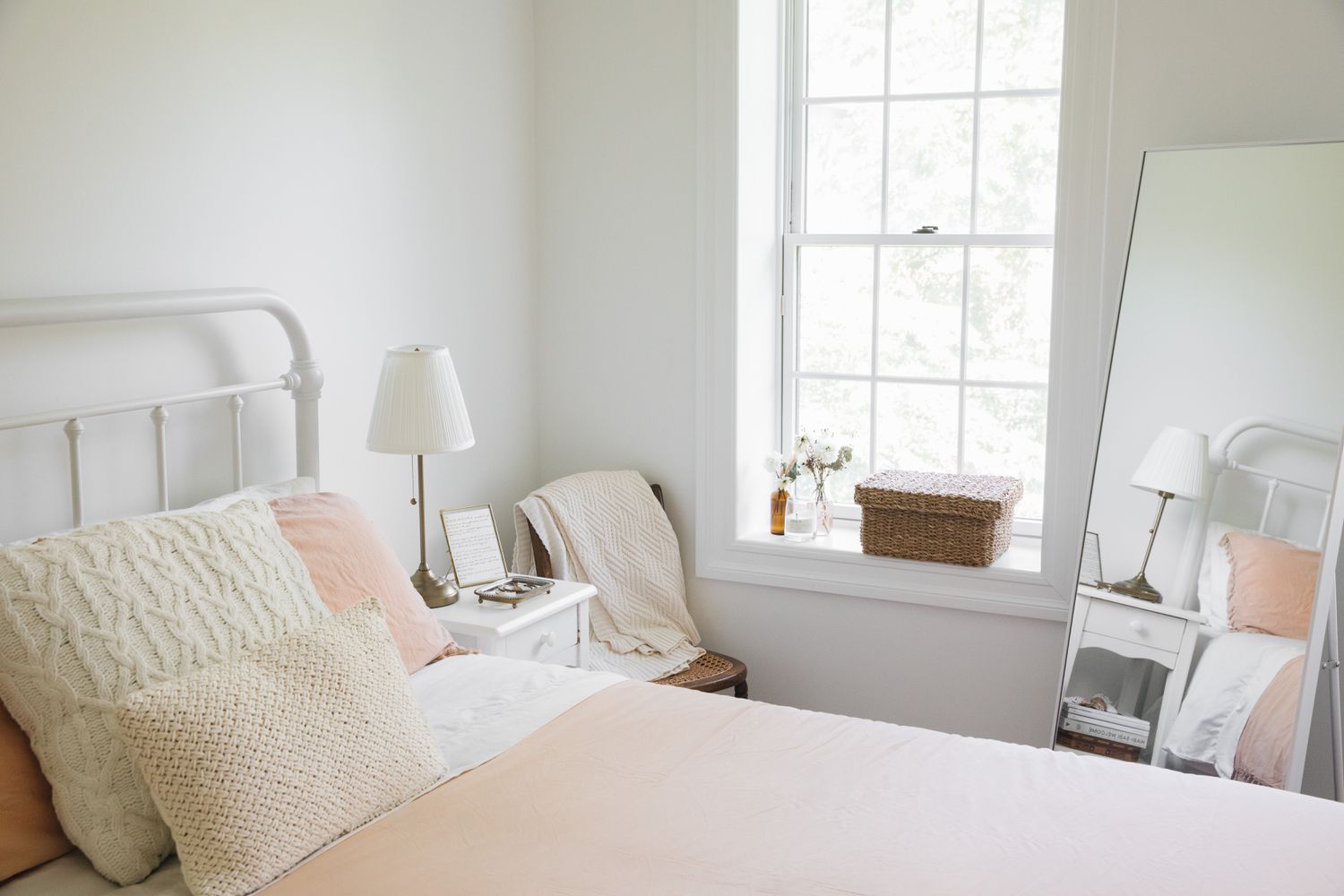
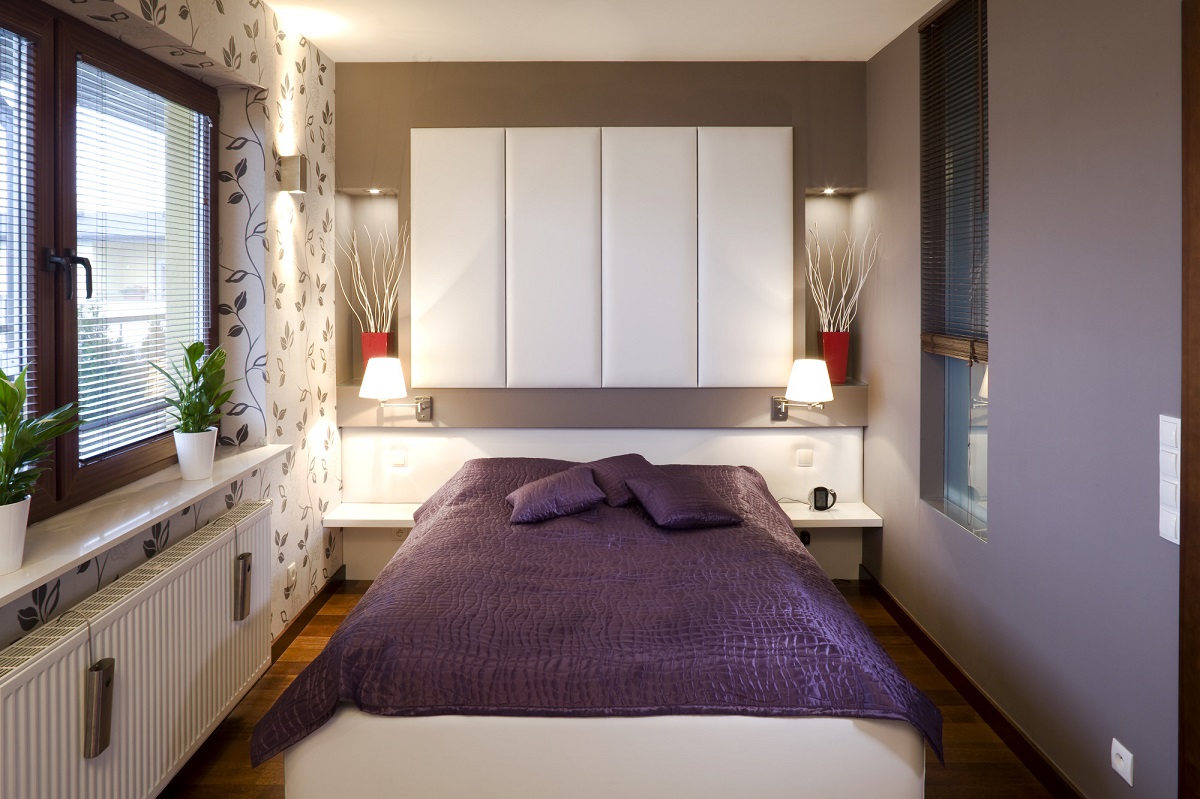
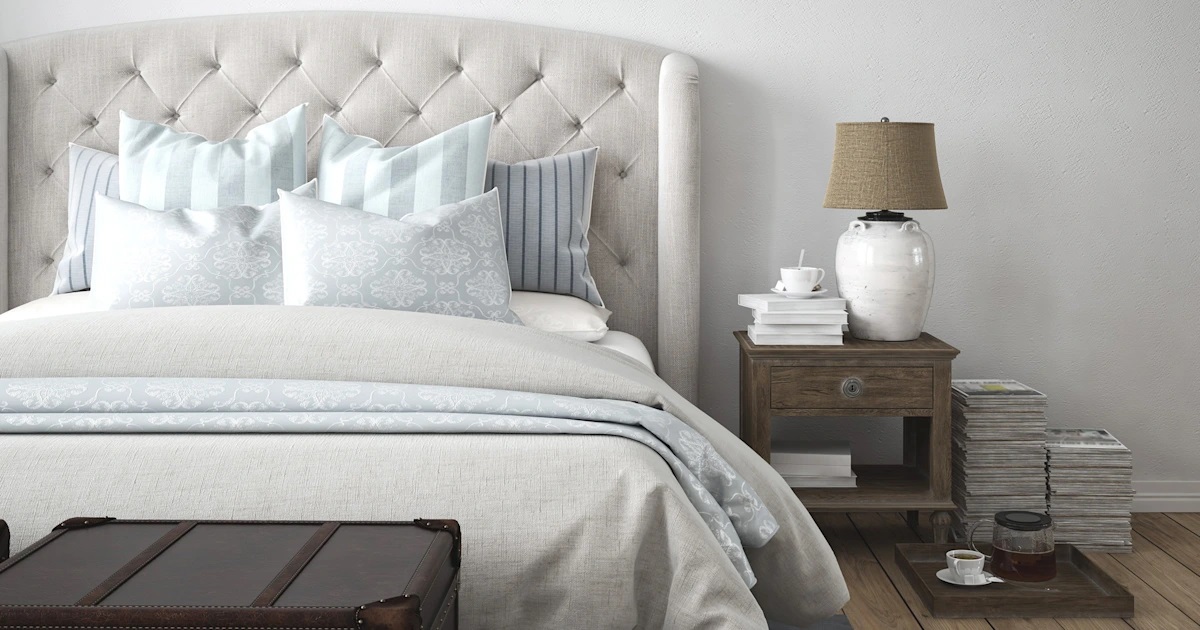

0 thoughts on “5 Feng Shui Bedroom Mistakes And The Ways To Swerve Them”